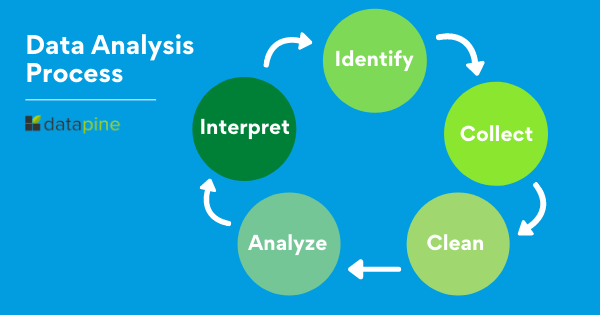Data Analysis and Project Outcome Evaluation (Project Update) (Data Collection-Nursing Paper Examples)
Pre-post analysis will be adopted to determine the effectiveness of motivational interviewing (MI) in improving medication adherence among schizophrenia patients. This analysis determines whether there are differences in observations before and after implementing an intervention. Moreover, which will suggest whether the intervention was impactful. Pre-implementation data was collected for 50 participants. However, post-implementation data is available for 41 participants because 9 withdrew from the study (Data Collection-Nursing Paper Examples).

Additionally, data analysis will adopt the repeated measures ANOVA tool, an extension of the paired t-test (Schober & Vetter, 2019). The comparison will be made for the same group but in two categories of data; before and after implementing motivational interviewing. The expected outcome is improved medication adherence. Quantifiable measures include pick-up/refill rate, pill counts, pharmacy records, and prescription claims.
Moreover, the data was collected using scaled questionnaires, electronic monitoring devices, and patient adherence estimates. Project outcome appraisal will include determining whether the measures indicate the desired outputs. Generally, the evaluation remains outcome-based, and the effectiveness of MI is affirmed by improved medication adherence as indicated by the quantified measures (Data Collection-Nursing Paper Examples).
Reference
Schober, P., & Vetter, T. R. (2019). Repeated Measures Designs and Analysis of Longitudinal Data: If at First, You Do Not Succeed-Try, Try Again. Anesthesia and analgesia, 127(2), 569–575. https://doi.org/10.1213/ANE.0000000000003511
